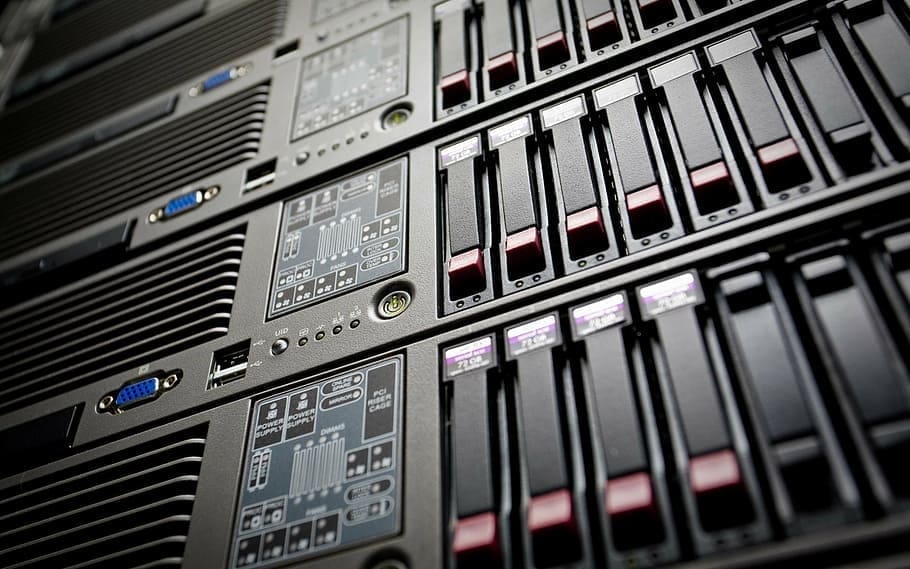
Physical servers can be seen as a major investment for companies. If you’re looking to have physical servers for your business, it is imperative that you’re contrasting the pros and cons before making the big decision. Before we get into the advantages and disadvantages, it is crucial to understand what we mean by a physical server.
What is a Physical Server?
Physical servers can be described as dedicated servers and are suitable for high-scale use, mostly in IT-related infrastructure settings. They are the best solution for web hosting needs, especially for a site that gets a lot of traffic. Physical servers are superior when it comes to reliability compared to other types of servers. Physical servers will come in different types, shapes, and even sizes. It is important to look at the IT environment before you choose a physical server.
What is a Virtual Machine?
In order to fully understand a physical server, it is only fair that it is being compared with a virtual machine. A virtual machine emulates a physical computer but the only difference is that it is functioning in a “multi-tenant” environment. The environment is more complex than what you’d get in a physical server.
Comparing a Physical Server and a Virtual Machine
The two options have their own advantages and disadvantages, however, we’re going to compare them using some key metrics:
Performance
This is an important factor to take into consideration if your company or organization deals with huge data sets. Physical servers are far superior to virtual machines when it comes to efficiency and performance. It should be noted that even if both have the same software and hardware capabilities, they will not be on the same level performance-wise.
Management
VM is far easier to manage compared to physical servers. It could take days or weeks to restore a physical server in the case of a failure. For a virtual machine, you just need a few clicks and the server is restored. This is made possible because there was a VM backup in place. Physical servers have to be routinely inspected for deficiencies. Managing a virtual machine is also not a straightforward process. It requires some level of skill. There should be someone dedicated to managing all aspects of the server.
Portability
One of the main differences between physical servers and virtual ones is portability. It is easy to migrate a VM across a virtual environment. The same can’t be said for a physical server. The reason why VM servers are highly portable is that the different components are isolated from one another. It will be a resource-intensive endeavor when trying to move your physical server from one location to another. You might have to rebuild the server from scratch, which will not be an ideal situation for an organization that relies on information processing for decision-making.
Scalability
If you intend to expand a physical server, you will have no other option but to invest in additional hardware. This will be expensive and it will take some time before the server is up and running. With a virtual environment, you’re afforded the opportunity of on-demand scalability. A single virtual server can host multiple VMs. You can add or remove the virtual machines with the click of a button. It is easy to scale down or up depending on the needs of your business. There is no need to buy additional hardware when you want to scale operations.
Capacity Management
With physical servers, the full potential of their use is never realized. The average production capacity of a physical server is set at 25%. The computing resources will be wasted as a result. This isn’t as cost-effective, as you will also be wasting energy. With a virtual environment, all of the unused resources are distributed among the virtual machines that are in need.
System Recovery
Disaster can strike when you least expect. As a business owner, you should always be prepared. There is a need to have a backup in place so that you’re getting back online in the event of a calamity. With a virtual server, it is easy to restore the system in case there is a failure. The restoration process is a lot simpler in a VM setting.
To sum it up, having compared the hardware servers and virtual machines, it is easy to pick a winner if you’re a business that cares about growth and sustainability. You can reach out to ServerMania if you’re looking for a dedicated hosting solution for your business.

Be the first to comment